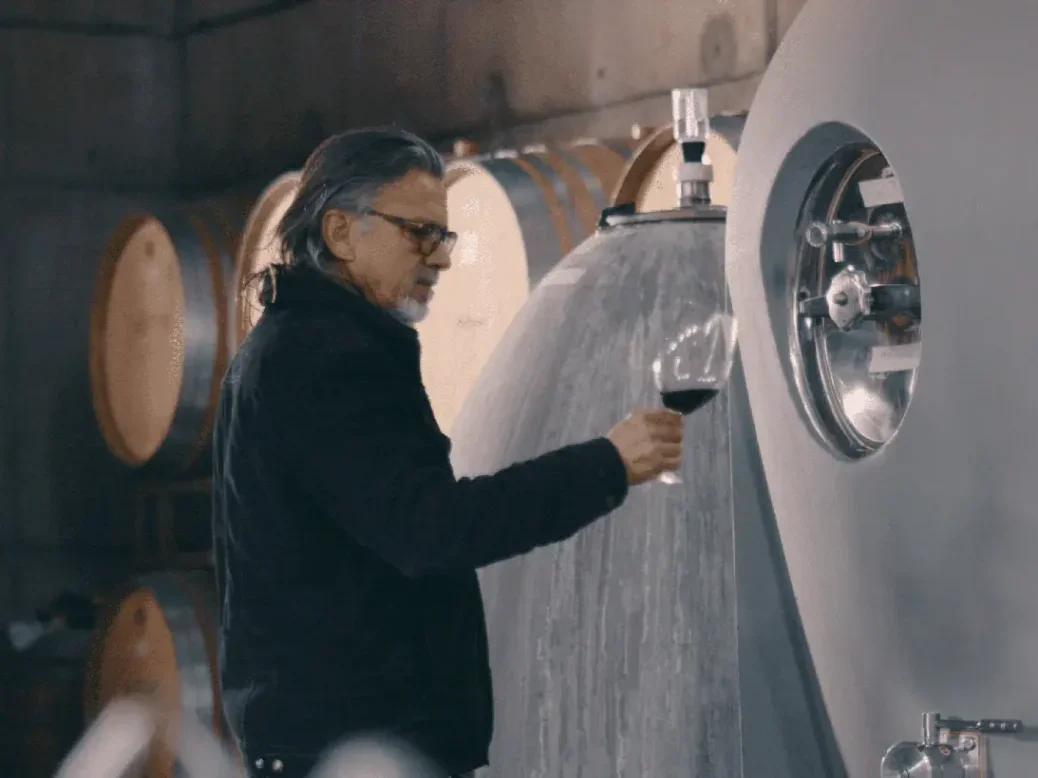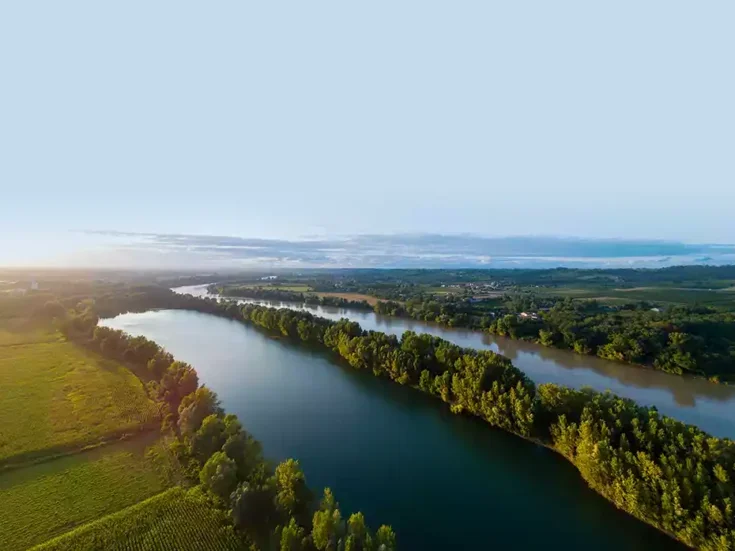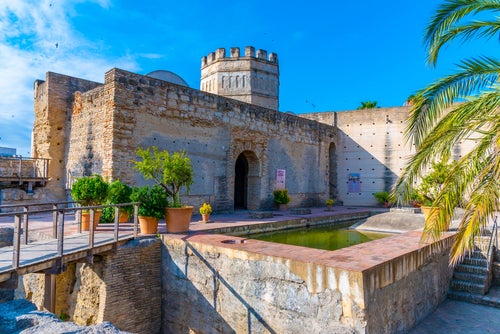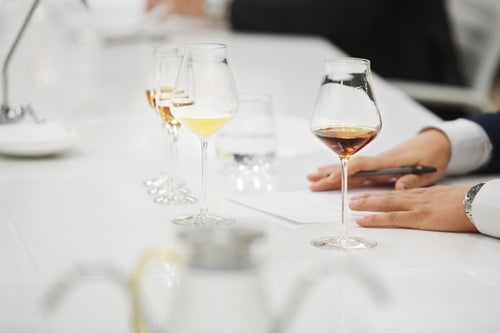
Álvaro Espinoza is perhaps best known as one of the key players in Chile’s fascinating story with Carmenère. It was during the serendipitous visit of French ampelographer Jean-Michel Boursiquot to the Maipo vineyard of Viña Carmen, where Espinoza was winemaker, that the fateful discovery of Carmenère took place. “I was showing him my best vineyard of Merlot, and he told me that it wasn’t Merlot at all!” recalls Espinoza of the infamous incident on November 24, 1994. “We were completely shocked when he said it was Carmenère.”
The discovery sent shock waves through Chile. Merlot was the country’s most valuable export at the time, and the wine industry didn’t want to burst that bubble by acknowledging that many of the vineyards of so-called Merlot were actually this long-lost Bordeaux variety. Carmenère was considered almost extinct.
Espinoza, however, was excited by the discovery, and he set to work with the equally enthusiastic CEO of the winery to sell the world’s first commercial release of Carmenère in more than a century and a half. “We felt like a transcendental winery for rediscovering a variety that was lost,” he enthuses. “But the Chilean wine industry reacted very negatively at first… I received a lot of threats in those first months.”
Despite the pressure to keep quiet about the discovery, Espinoza took that first vintage of his Carmenère to market and toured the USA, sharing the wine and the story with the press. His wine garnered critical acclaim—enthusing the market and effectively convincing Chile to adopt the variety as its own. The rest is history, and today Carmenère is considered one of Chile’s most emblematic varieties, with some 10,000ha (25,000 acres) under vine.
Álvaro Espinoza and biodynamics
Although his persistence with Carmenère changed the vinous identity of Chile forever, Espinoza has left an even greater legacy through his farming. During those early years visiting the US, he learned of biodynamic viticulture and decided to study the discipline, eventually bringing it to Chile. He is now widely considered to be the godfather of biodynamic viticulture in Chile, and he launched the country’s first organic wine brand in 1997. He continues to practice organic and biodynamic farming in his own winery, Antiyal, but he is also a sought-after consultant who has introduced biodynamic principles to several wineries in Chile and Argentina.
Espinoza’s impact has been widespread and productive—including converting his Emiliana into one of the world’s largest organic and biodynamic wineries, managing an impressive 1,000ha (2,500 acres) of vineyards organically. Although humble in his demeanor, Álvaro Epinoza has blazed a sure and steady trail into a more sustainable future for Chilean wine.
South America’s magnificent seven: Aurelio Montes
South America’s magnificent seven: Pablo Morandé
South America’s magnificent seven: Susana Balbo
South America’s magnificent seven: Pepe Galante
South America’s magnificent seven: Roberto de la Mota
South America’s magnificent seven: Francisco Carrau






